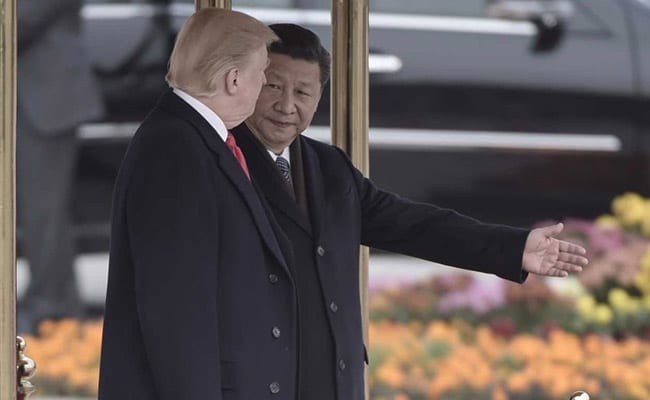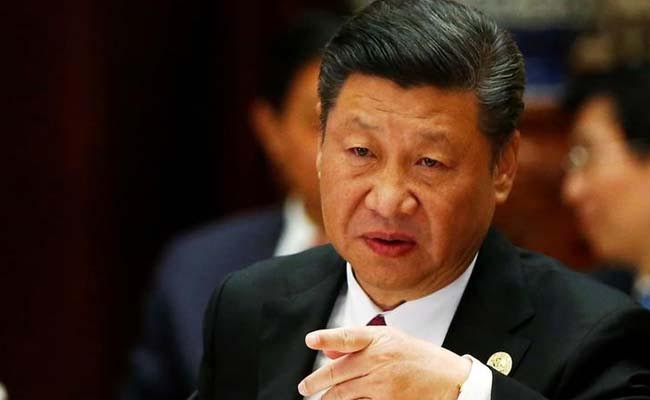Detained British Couple’s Case Not ‘Serious’: Taliban Official

Kabul:
The Taliban interior ministry said on Thursday the case against a detained British couple wasn’t “serious” and that officials hoped it would be resolved “soon”, as a source said diplomatic missions were working for their release.
Peter and Barbie Reynolds, who are in their 70s, were detained in February with visiting Chinese-American friend Faye Hall and their Afghan translator, as they travelled to their home in central Bamiyan province.
Hall, a US citizen, was released at the end of March not long after a rare visit by US officials to Kabul and the removal of millions of dollars of bounties on multiple Taliban leaders.
“Their case isn’t anything serious,” interior ministry spokesman Abdul Mateen Qani told AFP, adding that they would be “treated according to sharia”, or Islamic law.
“We hope their case will be resolved soon, their matter isn’t anything big to worry about.”
The justice ministry spokesman would not share any information on the Britons when contacted by AFP on Wednesday and the Taliban authorities have not detailed the reasons for their arrest.
A source familiar with the couple’s case told AFP it was “more complicated” than Hall’s.
“Several (non-Islamic) religious books had been found in their home, which is the remaining allegation currently being examined by Taliban courts,” the source said.
“Diplomatic engagement of various missions on the ground is ongoing to expedite the case.”
The Reynolds, who married in Kabul in 1970, have run school training programmes in the South Asian country for 18 years.
Qani confirmed the Britons, who remained in Afghanistan after the Taliban takeover in 2021 when the British embassy withdrew its staff, both held Afghan passports and national IDs.
Their daughter has expressed grave fears for their health and treatment in detention, sharing recorded calls with Britain’s The Sunday Times in which Peter Reynolds describes “shocking” conditions and limited food.
The Taliban authorities have imposed sweeping restrictions in line with their strict interpretation of Islamic law.
In 2023, an American woman was among more than a dozen staff of an international NGO who were arrested by the Taliban authorities, accused of carrying out Christian missionary work.
(This story has not been edited by NDTV staff and is auto-generated from a syndicated feed.)








